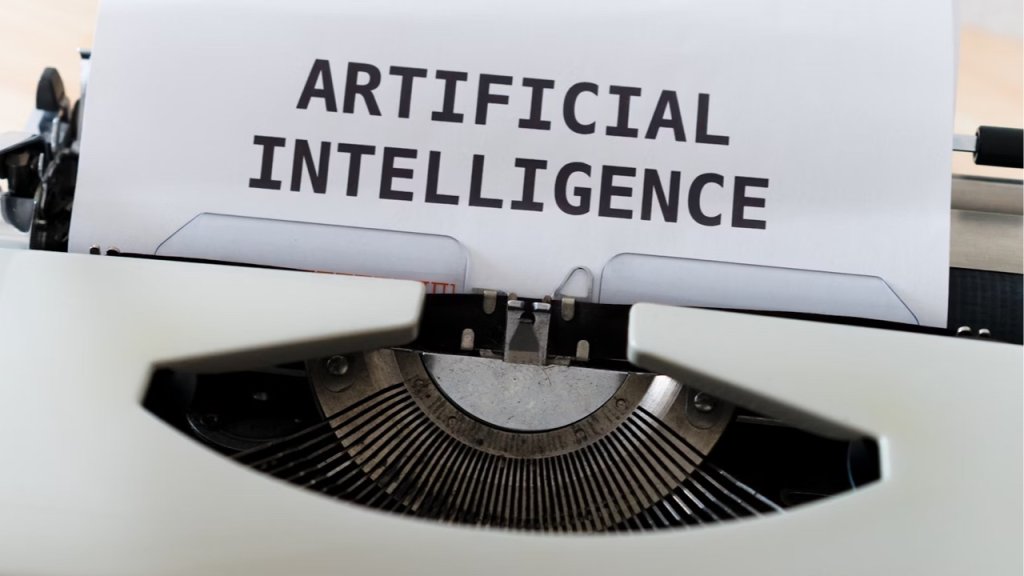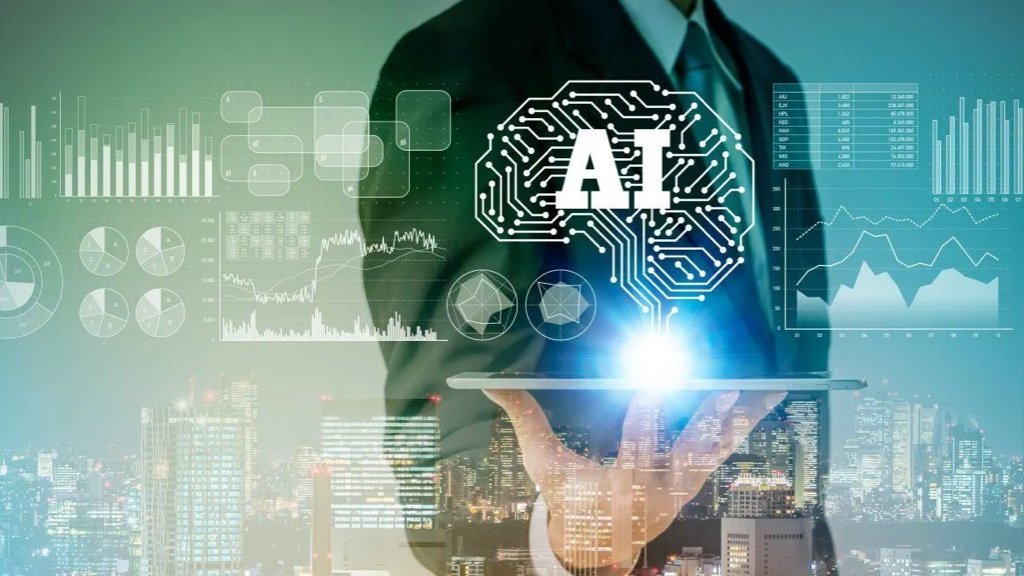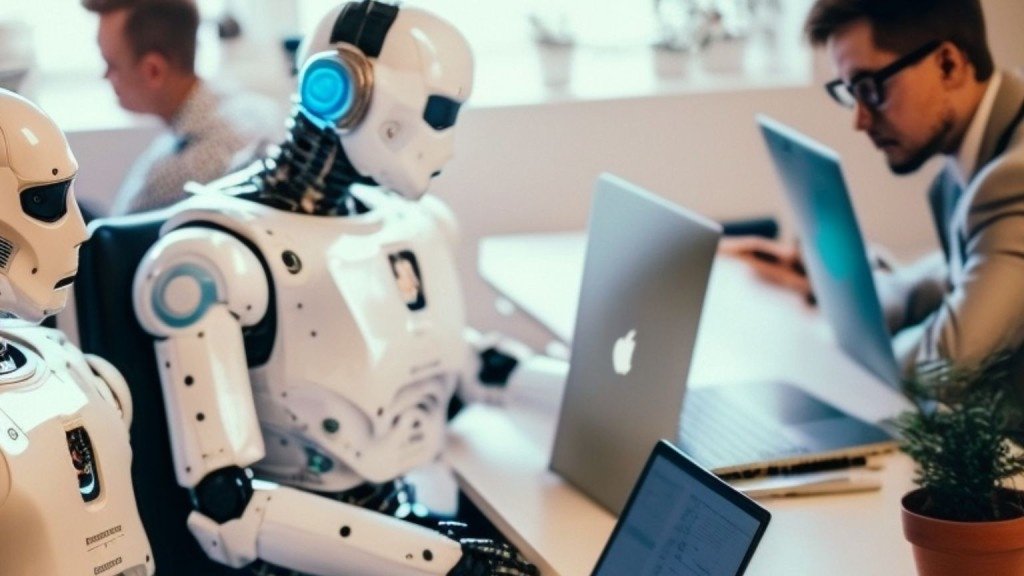
AI vs. Human Talent: Is the Future of Work Under Threat or Evolving?
The rise of artificial intelligence is transforming industries at an unprecedented pace, forcing professionals to adapt or risk becoming obsolete. From creative fields like photography and illustration to technical roles in translation and healthcare, AI is automating tasks once thought to require human expertise.
While some embrace these tools to boost efficiency, others fear job losses and the decline of craftsmanship. In this article, we’ll explore how AI is reshaping creativity, economic stability, and professional identity, and what the future of work might look like in this evolving landscape.
AI as a Double-Edged Sword
Artificial intelligence is both a disruptor and an enabler, revolutionizing industries while also making certain jobs redundant. In fields like healthcare and research, AI enhances productivity, allowing professionals to automate repetitive tasks and focus on high-value work.
However, in creative sectors, generative AI is replacing human-made content with machine-generated alternatives, threatening careers in photography, illustration, and translation. The challenge lies in striking a balance—leveraging AI’s efficiency while preserving the uniqueness of human creativity and expertise.

The Economics of Creativity and the Commodification of Work
The rapid advancement of AI is driving a race to the bottom in pricing for creative services, making human-generated work increasingly less competitive. Platforms flooded with AI-generated content offer services at a fraction of the cost, leaving traditional artists, writers, and photographers struggling to maintain a sustainable income.
The commodification of creativity is a growing concern, as AI-produced content reduces the perceived value of human craftsmanship. As businesses prioritize cost-cutting and efficiency, the challenge for professionals is to differentiate their work in an AI-driven marketplace.
The Psychological Impact of AI on Professionals
For many workers, AI-driven job displacement isn’t just an economic issue—it’s a deeply personal and psychological one. Professionals who have dedicated years to honing their craft now face identity crises, questioning their place in an AI-dominated world. The fear of obsolescence, combined with dwindling job opportunities, leads to anxiety, frustration, and uncertainty.
While some are adapting by incorporating AI into their workflow, others struggle with the loss of purpose that comes with seeing their expertise devalued. The key to resilience in this shift is embracing change while finding ways to retain human uniqueness in an AI-assisted economy.

The Future of AI in the Workforce
As AI continues to evolve, the workforce must prepare for a major transformation across industries. Governments and businesses must work together to establish worker protections, ensuring that employees displaced by AI have access to reskilling programs and new opportunities.
Meanwhile, professionals must stay ahead by adopting AI as a tool rather than resisting it. The future of work will likely see an increase in hybrid roles, where AI handles repetitive tasks while humans bring critical thinking, creativity, and emotional intelligence to the table. The question is no longer whether AI will reshape the job market—but how we can shape AI to work for us, not against us.
Final Thoughts
The AI revolution is already here, and its impact is being felt across industries worldwide. While it presents opportunities for efficiency and innovation, it also raises critical concerns about job security, professional identity, and the value of human work.
The key to navigating this shift is adaptability—those who learn to work alongside AI will thrive, while those who resist may find themselves left behind. The future of work isn’t about choosing between AI and human talent—it’s about finding synergy between the two.